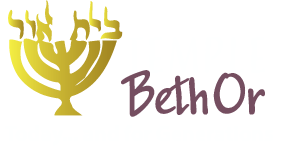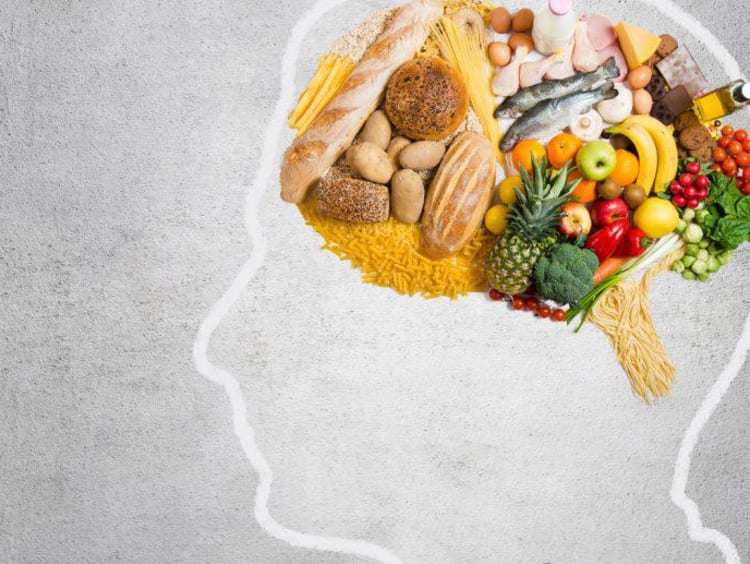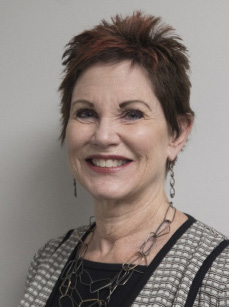January is the month when we make resolutions about cutting calories and eating healthily. In his Hebrew language blog, comedian Joel Chasnoff points out that the modern word for “nutrition” in Israel might have much to teach us as we adjust our consumption in the coming calendar year.
Like many people around the world, Israelis are paying close attention to their health, including what they choose to eat. Thus, the word for healthy eating – nutrition – is as common in Israel as it is here in the United States.
Of course, the Hebrew word for diet is not in the Bible. Who in Biblical times had the luxury of watching their calories? Yet the modern Hebrew word for nutrition, t’zunah,, comes from a very ancient source.
T’zunah comes from the Hebrew three-letter root zayin, vav, and nun, which refers to food or sustenance. Our youth who go to camp are familiar with the blessing they sing following a meal, Birchat HaMaZON — the blessing after a meal. And some of us donate to the organization MaZON: A Jewish Response to Hunger which helps those suffering from food insecurity.
The Hebrew t’zunah, takes the root for food and, adds the letter taf (ת) to the beginning and the letter heh (ה) to the end. As such, it creates a word that expresses the ultimate expression of the word. T’zunah isn’t just food; it is that which best sustains and fuels our bodies and minds. It is nourishment in its highest form.
As we consider our own consumption for the coming year, we can extend the idea of tz’unah beyond caloric intake.
As we face a new secular year, we might consider a resolution about t’zunah; what might we feed our minds and spirits along with our bodies? Do we spend our days doom-scrolling on social media, consuming empty TikTok videos, or listening endlessly to vapid celebrity podcasts? Or we could fill our spare time with books, music, and art which nourish our minds and spark new interests and hobbies. Do we consume the same single news sources which align with our opinion? Or do we open ourselves to varying perspectives to better understand the “other” side of the argument? Might we allow our media consumption to inform rather than only to affirm that which we stubbornly believe? Do the people in our lives drag us down and encourage our worst behaviors? Or can we make better choices to surround ourselves with those who share our goals and values, nourish our lives, feed our souls, and encourage us to be the best we can be?
We all know that Jewish law emphasizes dietary discipline. Perhaps if we employ the discipline of t’zunah, minding the ethics, health, and nourishment of all that we consume, we will have a happier and healthier 2023.


